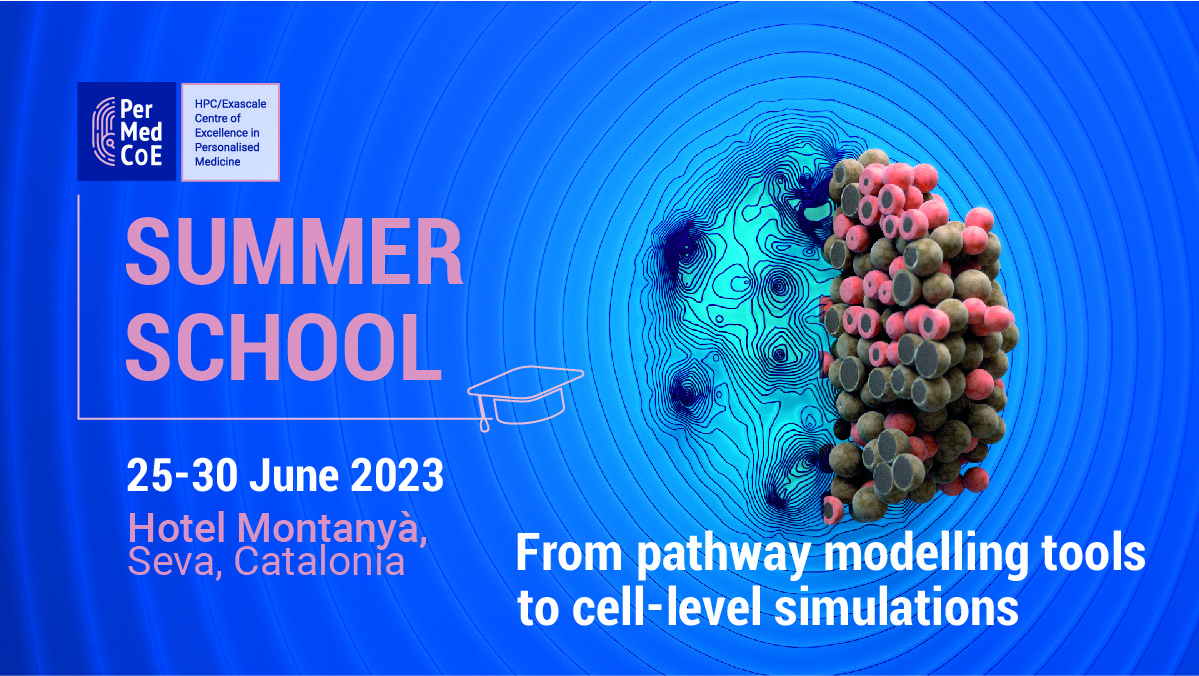Our research aims at deciphering the molecular determinants of cancer and make this knowledge available to improve patient management. It is based on high-dimensional and multi-level omics tumor profiles, and proceed by sophisticated machine learning approaches as well as biological network modelling. At Institut Curie our situation is ideal to pursue these goals, since the choice of collaborations with biologists and clinicians, and the many technological core facilities of the institute offer many options to set up original and cutting-edge projects. We are also involved in many national and international (mainly European) projects with other laboratories in Spain, Germany, Italy, Norway, Netherlands, USA or Japan.
website: https://institut-curie.org/team/barillot
Legend:
Home page
R code
Python code
Package
Article
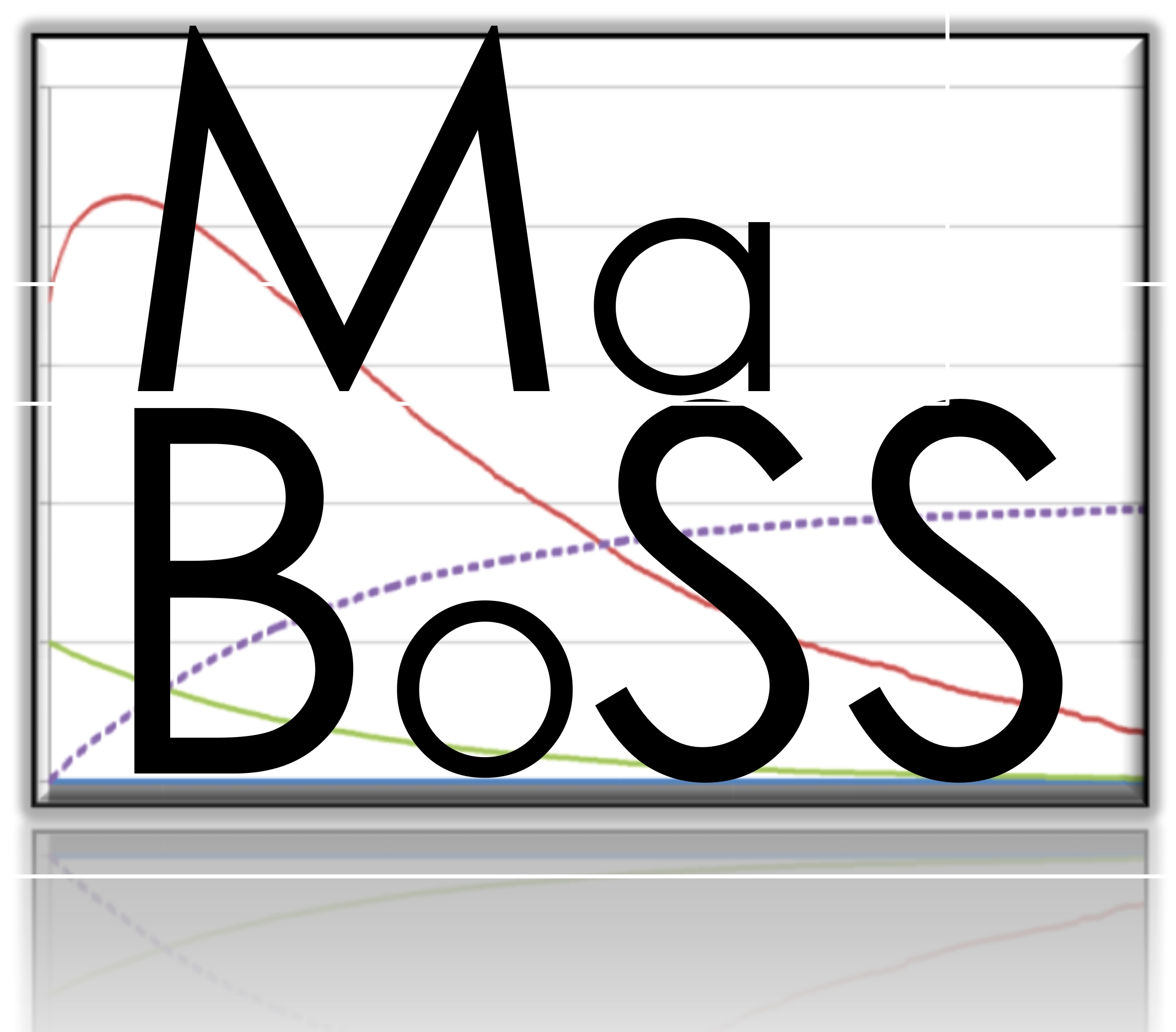 |
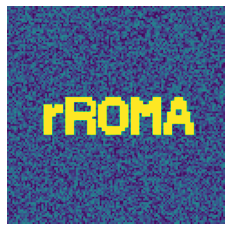 |
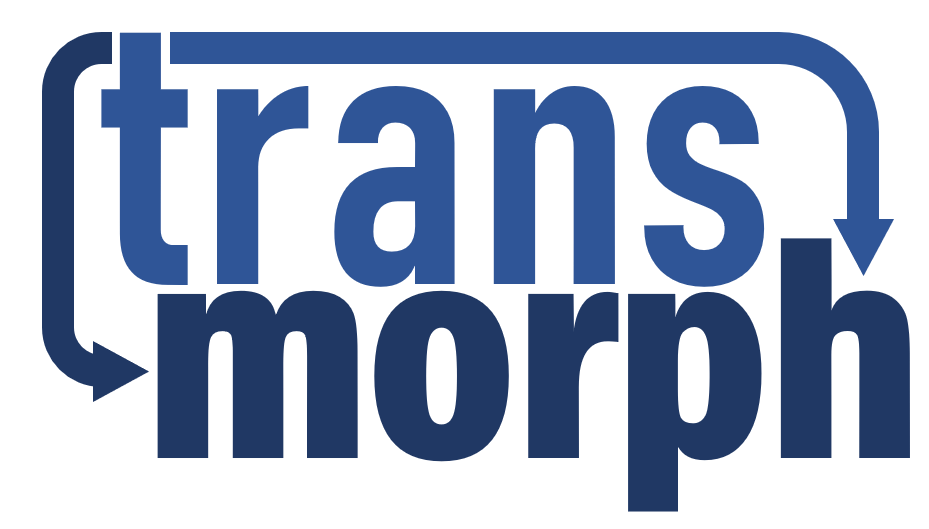 |
|
|---|---|---|---|
| MaBoSS Simulation of continuous/discrete time Markov processes, applied on a Boolean network. | PhysiBoSS Multiscale simulation of multi-cellular system | rRoma Representation and Quantification of Module Activity from Target Expression Data | transmorph Computational framework for dataset integration |
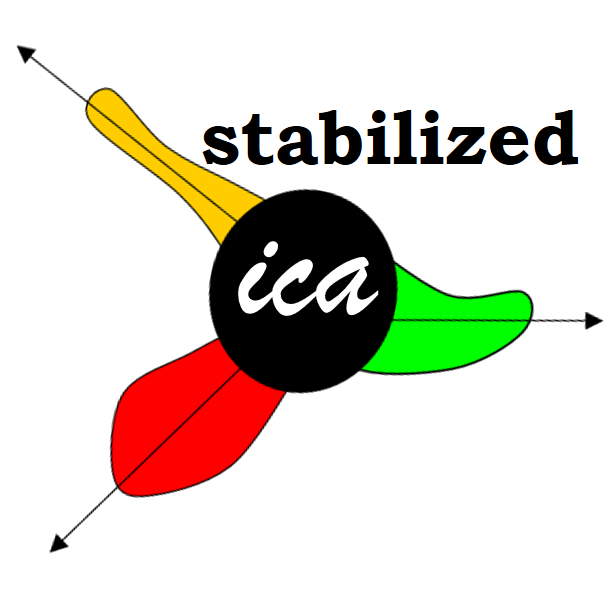 |
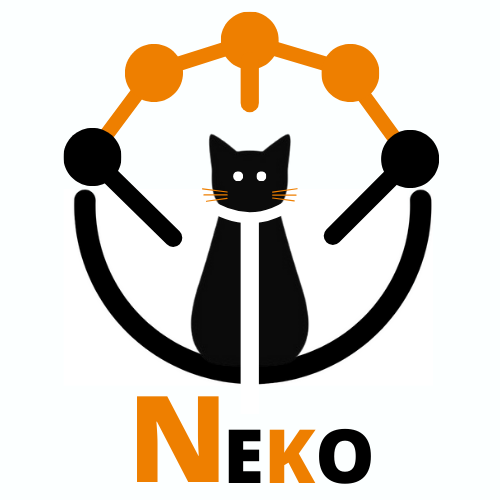 |
 |
|
| stabilized-ica A python implementation of a stabilized ICA algorithm | Neko Package to extract, visualize, convert and study interactions from database into executable activity flow based model. | ElPiGraph Python implementation of the Elastic Principal Graph algorithm with multi-cpu and gpu support | NaviCell A web tool for exploring large maps of molecular interactions |
-
PostDoc position on machine learning for multi-modal cancer data analysis
We are conducting a large-scale study of a lung cancer patient cohort and integrating multimodal data including multiomics (including spatial omics), pathomics, radiomics and other clinical data. Data for ~400 patients have already been collected. The main objective is twofold: build efficient predictors of treatment response and shed light on the mechanisms of tumor progression. The study involves four groups at Institut Curie : Emmanuel Barillot lab (omics), Irène Buvat lab (radiomics), ThomasWalter lab (pathomics) and Nicolas Girard lab (lung oncologist). The first three group leaders also hold chairs (or will soon for IB) at Paris of Artificial Intelligence Research Institute (https://prairie-institute.fr/).
This repository includes :
